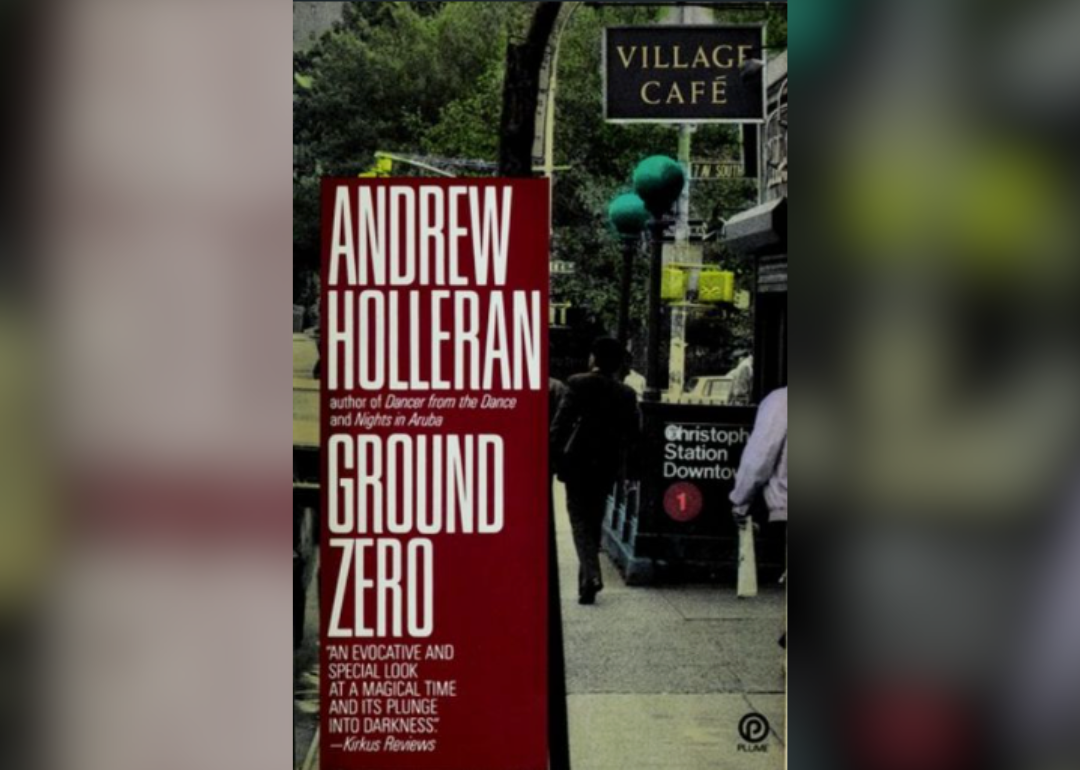City Lights Publishers The HIV/AIDS epidemic spiked in the 1980s, resulting in the death of over 100,000 people from 1981 to 1990, making an irreversible mark on our world from a social, medical, and political perspective. Globally, over 38 million people live with HIV–two-thirds of whom are in Africa. In the U.S., about 1.2 million people live with HIV, affecting Black, Latine, and LGBTQ+ communities the most. Much of the published dialogue and media representation surrounding the epidemic primarily center the harrowing mortality statistics or the subsequent scientific advancement. While these are irrefutable parts of the crisis, it often leaves out the human aspect, erasing the very real impact on relationships, families, and communities. Stacker compiled a list of books–including nonfiction, memoir, fiction, anthologies, and poetry– that underscore the humanity of people diagnosed with HIV or AIDS. The list features works from authors with proximity to the HIV/AIDS epidemic either through a personal diagnosis, the loss or care for loved ones living with HIV or AIDS, or connected social or political advocacy work. Books on this list were written as early as the mid-1980s and were curated based on audience reception and cultural impact, critic reviews, and awards or nominations. ‘And the Band Played On: Politics, People, and the AIDS Epidemic’ by Randy Shilts Stonewall Inn Additions Written by Randy Shilts–known in the ’80s as the first openly gay reporter for the San Francisco Chronicle–“And the Band Played On” published in 1987 is critically acclaimed for its detailed investigative journalism covering the inadequate response to the AIDS epidemic. The book takes the reader through the height of the epidemic, beginning with the death of Danish surgeon Grethe Rask in 1977–considered to have one of the first AIDS-related cases outside of Africa–and ending with Rock Hudson (a 1950s-1960s heartthrob whose sexuality was a topic of speculation), his AIDS-related diagnosis, and subsequent death. Through this timeline, “And the Band Played On” asserted that the AIDS crisis was preventable but was allowed to spread due to the government’s disinterest in aiding continental Africans (and later gay men). Before his death from AIDS-related complications in 1994, Shilts said in a 1987 interview with the New York Times: “Any good reporter could have done this story. But I think the reason I did it, and no one else did, is because I am gay. It was happening to people I cared about and loved.” ‘Facing It: A Novel of AIDS’ by Paul Reed Gay Sunshine Press Author Paul Reed, known for centering the AIDS crisis in his works while traversing topics like masculinity, sexuality, and spirituality, published “Facing It” in 1984. He penned many types of literature (including journal-style memoirs and safer-sex erotica under a pen name) and is well-known for writing about gay men and their experiences, and “Facing It” is credited as one of the first works of fiction to focus on the AIDS epidemic. Reed passed away from an AIDS-related illness in 2002, and his final work, “Swollen,” was published later that year. ‘The Darker Proof: Stories from a Crisis’ by Adam Mars-Jones and Edmund White
25 must-read books that humanize the HIV/AIDS experience














